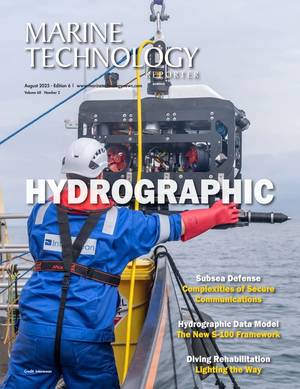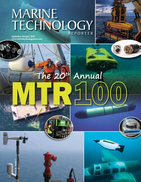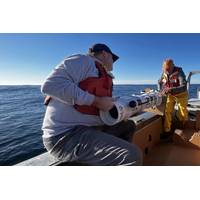
Marine Heatwaves Impact Food Webs
change.The study, published in the scientific journal Nature Communications today, was conducted by an interdisciplinary team of researchers from MBARI, the University of Miami Rosenstiel School of Marine, Atmospheric, and Earth Science, the Hakai Institute, Xiamen University, the University of British Columbia, the University of Southern Denmark, and Fisheries and Oceans Canada.To explore the impacts of marine heatwaves on ocean food webs and carbon flows, the research team combined multiple datasets that tracked biological conditions in the water column in the Gulf of Alaska for more than a decade. This
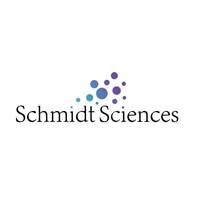
Schmidt Sciences Awards $45M to Carbon Cycle Research
using newly available high-resolution satellite, drone and other Earth Observation data and latest methodological advances in AI and modeling.Constraining Ocean Carbon with Optimized Observing (COCO2)Led by: Adrienne Sutton, NOAA Pacific Marine Environmental Laboratory, U.S. & Galen McKinley, Columbia University / Earth and Environmental Sciences and Lamont-Doherty Earth Observatory, U.S.With the ocean absorbing more than a quarter of human-caused climate emissions each year, COCO2 will improve measurements, models, and understanding of the ocean carbon sink by deploying advanced, model- and
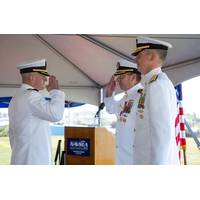
NUWC Division Newport Hosts Change of Command
. “It was a daunting task, but Chad has always thrived on hard challenges.”Hennings, who thanked his wife, Caroline, and children in the audience, has more than three decades of service to the U.S. Navy, including sea tours with the USS Toledo (SSN 769), USS Michigan (SSBN 727) Gold Crew, USS Columbia (SSN 771) and USS Hampton (SSN 767). He also commanded the USS Nevada (SSBN 733) Gold Crew and the USS Pennsylvania (SSBN 735) Blue Crew. In September 2017, Hennings became an acquisition professional and served with the Columbia-class Submarine Program Office (PMS 397), the Undersea Defensive
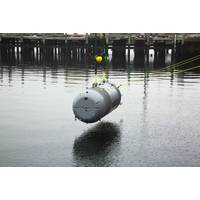
Supersize It: The U.S. Navy Is Seeking an Ultra-Large AUV
.Interestingly, the call for a jumbo AUV comes as the Navy's extra-large (Orca) and large (Snakehead) AUV programs are suffering from significant cost overruns, technical issues, and programmatic uncertainty, and as the U.S. submarine workforce is struggling to meet demand for Virginia and Columbia-class hulls. Snakehead’s fate has largely been sealed; the prototype vehicle is now designated as a test platform and is unlikely to transition to a program of record, while the Defense Innovation Unit (DIU) has awarded prototype contracts for commercial off the shelf (COTS) large AUVs to
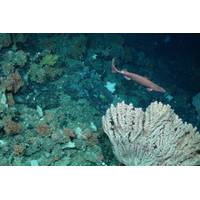
Concerns for Deep Sea Ecosystems Heighten as US Opens Opportunities For Mining and Extraction
or precautionary pause on deep-sea mining."Torsten Thiele, Founder of The Global Ocean Trust, co-authored Chapter Four of the paper, "Economics of a Deep-Sea Mining Moratorium," alongside Ussif Rashid Sumaila, Professor of Ocean and Fisheries Economics at the University of British Columbia. “The value of the deep sea floor ecosystems is immense," said Torsten. "The ISA has an important role to play in safeguarding this blue natural capital and managing exploration.” “New technologies are enabling a far greater understanding of the deep
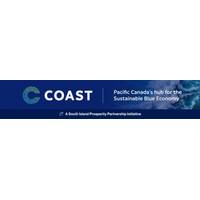
COAST, University of Victoria Join to Launch the BC Marine Energy and Decarbonization Hub
In a stride for the Canadian clean energy transition, two leaders in British Columbia’s ocean innovation sector have announced a joint initiative that forges brand new pathways for the development and commercialization of marine renewable energy and decarbonization technologies in British Columbia.The BC Marine Energy and Decarbonization Hub is a core initiative of COAST, Pacific Canada’s hub for the sustainable blue economy, delivered in partnership with the University of Victoria. The Hub is the culmination of three decades of community-centered clean energy research and innovation
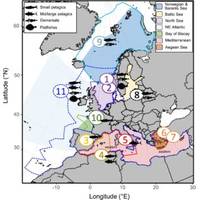
PML: How Climate Change Will Alter European Fish Distribution
Research, Wageningen University and Research, IJmuiden, the NetherlandsTechnical University of Denmark, National Institute for Aquatic Resources, Kongens Lyngby, DenmarkNippon Foundation Ocean Nexus, School of Resource and Environmental Management (REM), Simon Fraser University (SFU), Burnaby, British Columbia, CanadaHellenic Centre for Marine Research (HCMR), Anavyssos, GreeceInstitute of Marine Research (Havforskningsinstituttet) (IMR), Bergen, NorwayDECOD (Ecosystem Dynamics and Sustainability), IFREMER, INRAE, Institut Agro, Brest, FranceCentre for Environment, Fisheries and Aquaculture Science (Cefas)
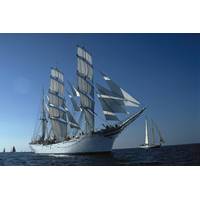
Kongsberg Discovery Technology Sets Sail On One Ocean Expedition Research Voyage
noise, using hydrophones, to ‘listen’ for pollution and monitor marine mammals, such as whales.The One Ocean Expedition sets sail during One Ocean Week in Bergen, calling in at ports including Reykjavik, Nuuk (Greenland), Cambridge Bay (Canada), Seattle, La Paz (Mexico), Cartagena (Columbia), Cadiz, and Dublin. During its stop in Nice, France, vessel team members will participate in the 2025 UN Ocean Conference. Statsraad Lehmkuhl will return to Bergen in April 2026, in time for next year’s One Ocean Week
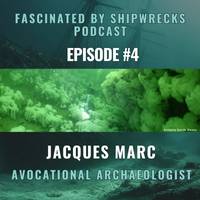
Fascinated by Shipwrecks Podcast, Episode 4: Combing the Deep off the BC Coast
A. Smith“The thrill of new discoveries, unraveling mysteries, and telling stories about shipwrecks kind of got in my blood, if you will.” Jacques MarcWhat’s it like to challenge the identity of a documented wreck? Jacques Marc did just that on one of his first wreck dives on British Columbia’s south coast. A vessel that sank in Bedwell Bay just after World War II was thought to be the HMCS Cranbrook but once Marc dived on it, all that changed.As an avocational archaeologist (someone who volunteers), Jacques has been instrumental in helping grow the Underwater Archaeological Society
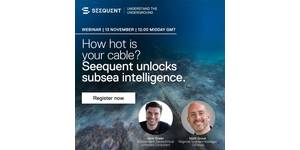
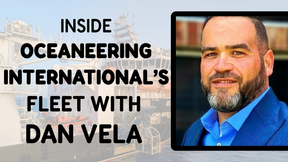
 August 2025
August 2025
